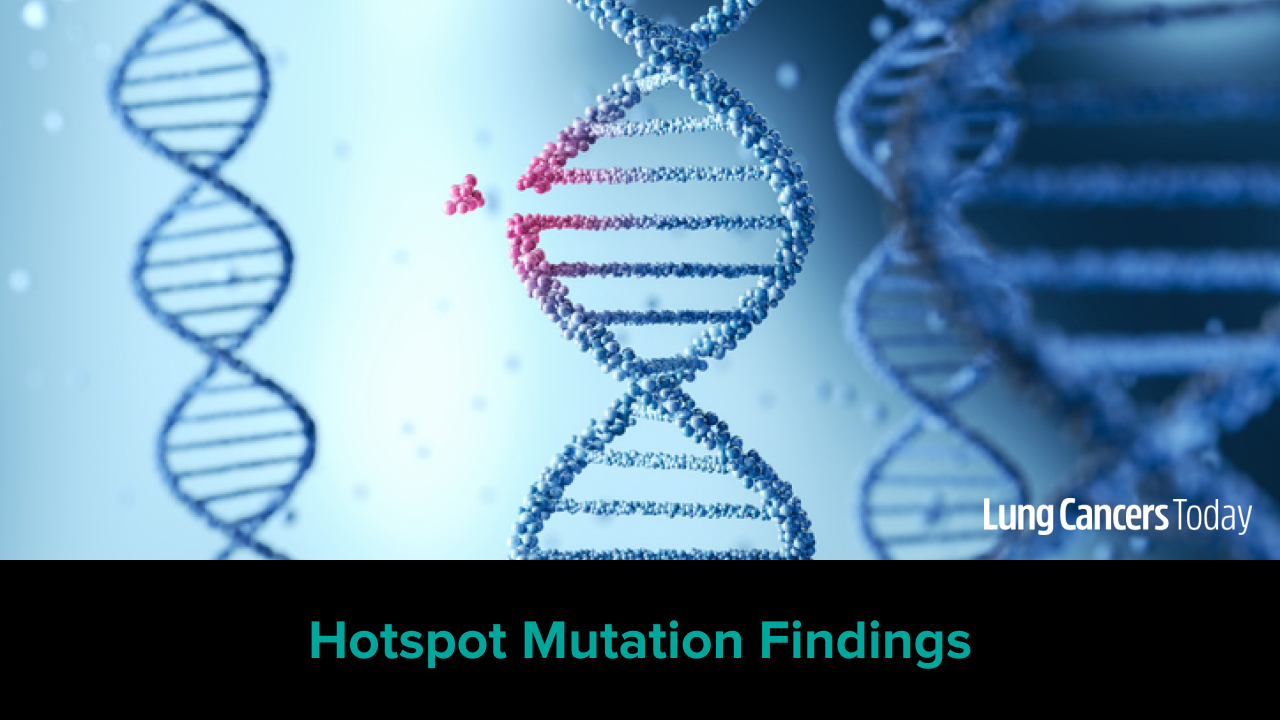
A study published in the journal Menopause found that among women who received chemotherapy for lung cancer treatment, 64% began menopause within a year of diagnosis.
Researchers used data from questionnaires sent to 2,735 women diagnosed with lung cancer between 1999 and 2016 as part of the Mayo Clinic Epidemiology and Genetics of Lung Cancer Research Program. They included a cohort of 182 premenopausal women who were an average of 43 years old at the time of diagnosis. Eighty-five patients received chemotherapy, and 64% self-reported that they had become menopausal within a year of diagnosis. In comparison, just 15% of the 94 patients who did not receive systemic therapy within one year of diagnosis experienced self-reported menopause.
What is the connection between #chemotherapy for #lung #cancer and early-onset #menopause in younger women? @TheAACE #womenshealthhttps://t.co/O0Gbi3SSii
— MedPage Today (@medpagetoday) August 31, 2018
Platinum agents (including cisplatin and carboplatin) were universally included in the chemotherapy regimens, and the majority of women receiving chemotherapy also received taxanes (including paclitaxel and docetaxel) within one year of diagnosis. Three patients received targeted therapy alone, two of whom remained premenopausal at the final qualifying survey, which was completed a median of 3 years after diagnosis.
Chemotherapy may lead to early menopause in young women with lung cancer: New study is the first to comment on amenorrhea rates in the premenopausal population with lung cancer https://t.co/bCgybcBjsd #lcsm
— Andrea Borondy Kitts (@findlungcancer) August 30, 2018
The study is limited by its reliance on self-reported outcomes.
Lung cancer deaths for women are projected to increase worldwide.
The incidence of lung cancer is higher in women.
Source: Menopause







 © 2025 Mashup Media, LLC, a Formedics Property. All Rights Reserved.
© 2025 Mashup Media, LLC, a Formedics Property. All Rights Reserved.